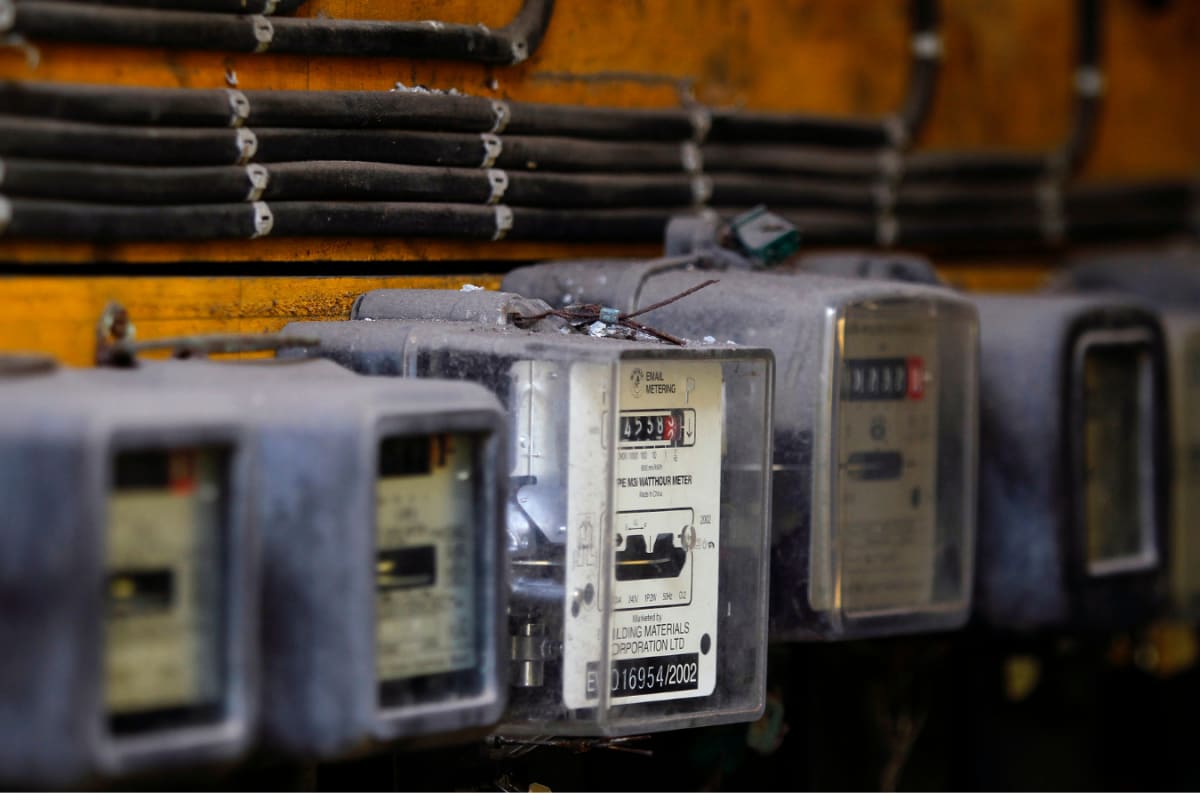

The Calcutta High Court has recently delivered a significant judgment concerning the rights of illegal occupants to access essential services, specifically electricity. The court's circuit bench at Port Blair ruled that an individual occupying government revenue land without formal authorization cannot be denied an electricity connection solely on the grounds of lacking ownership or occupancy documents as outlined in Clause 5.30 of the Joint Electricity Regulatory Commission (JERC) Regulation, 2018.
Justice Krishna Rao, presiding over the bench, emphasized that it is often impossible for illegal occupants to furnish the documents required under Clause 5.30. The court recognized that authorities might use the rule to prevent illegal occupation by denying electricity, but it asserted that this clause should not be interpreted to block essential services for those occupying land without formal title.
The ruling came in response to a writ petition filed by Krishnawathi, who challenged the rejection of her application for an electricity connection. The Assistant Engineer-II (HQ), Electricity Department, had denied her request because she could not provide the documents mandated by Clause 5.30 of the JERC Regulation, 2018, and an Andaman and Nicobar Island Administration Circular dated October 19, 2023. Krishnawathi had applied for a new connection on June 24, 2024, declaring that she resides on encroached government land.
The court acknowledged that Krishnawathi was indeed occupying the premises. It noted that the denial of the electricity connection was based solely on her failure to provide the documents required by Clause 5.30. The court referenced a similar case, WPA/213/2025, where it was held that Clause 5.30 does not impede an occupant's right to obtain an electricity connection. Consequently, the court set aside the Assistant Engineer's order. The Assistant Engineer-II (HQ), Electricity Department was directed to provide electricity connection to the petitioner within a period of four weeks from the date of receipt of this order on compliance of all formalities.
This ruling aligns with previous judgments emphasizing the right to basic amenities, even for unauthorized occupants. In Abhimanyu Mazumdar vs The Superintending Engineer, a Full Bench of the Calcutta High Court affirmed that illegal occupants are entitled to electricity connections. The court has previously made clear that the term "occupier" under Section 43 of the Electricity Act, 2003, cannot be interpreted to exclude "illegal occupier". Section 43 of the Electricity Act of 2003 does not differentiate between lawful and unlawful occupants.
The Calcutta High Court has also addressed the issue of illegal constructions and encroachments in other contexts. In January 2025, the court ordered the removal of illegal encroachments from "enemy properties" in Kolkata. The court directed the Kolkata Municipal Corporation (KMC) to demolish illegal structures and the Calcutta Electric Supply Corporation (CESC) Limited to disconnect electricity supply to these constructions.
While this order addresses providing electricity to illegal occupants, the Calcutta High Court has also taken steps to prevent excess electricity usage. In May 2025, the court struck down a state law that allowed electricity companies to penalize consumers for exceeding prescribed limits. The court found that the law allowed consumers to jeopardize the power grid by simply paying additional charges. The WBERC was directed to frame new regulations to curb excess drawing of power which may affect the grid and restrictions on power drawal must be communicated to the consumer with a notice period before imposing such restrictions.